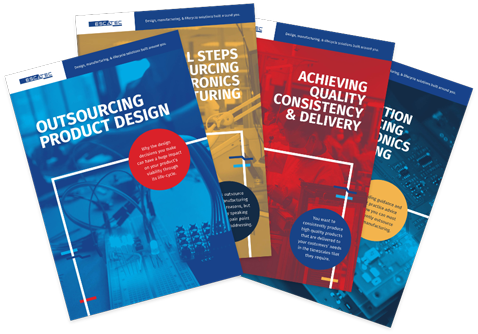ESCATEC are going to Swiss Medtech Expo 2025 - are you?
This September, the medtech world turns its focus to Lucerne for Swiss Medtech ...
RESOURCES
By signing up you agree to our Privacy Policy

©2026 ESCATEC. All rights reserved.